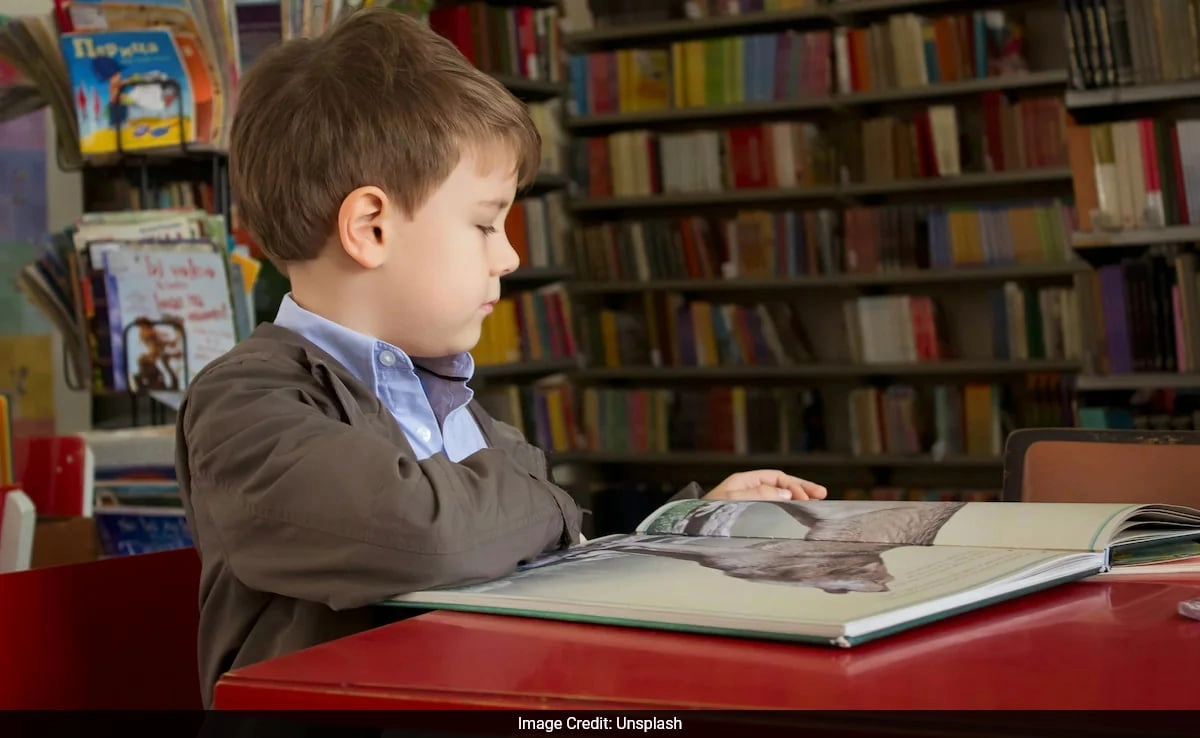In a recent statement that sparked considerable political debate, a leader from the Rashtriya Swayamsevak Sangh (RSS) emphasized the linguistic diversity present in Mumbai. The leader remarked on the city’s rich tapestry of languages, highlighting how this multicultural aspect plays a crucial role in the social fabric of the region. This comment came in the wake of a political storm, where various factions interpreted his words differently, leading to a flurry of discussions across media platforms and among political circles.
In an effort to clarify his position and quell any misunderstandings, the RSS leader reiterated that Mumbai’s multitude of languages contributes to its unique identity and vibrancy. He stressed the importance of celebrating this diversity rather than allowing it to become a point of contention. His remarks aimed to foster unity and appreciation among the city’s residents, regardless of their linguistic backgrounds. The leader’s intention was to promote harmony and understanding in a city that thrives on its diverse cultures and languages, rather than to ignite further political discord.
This incident underscores the complexities of political discourse in India, where statements made by influential figures can quickly escalate into broader discussions about identity and nationalism. The leader’s clarification sought to redirect the conversation towards a more inclusive perspective, encouraging a dialogue that embraces Mumbai’s rich linguistic heritage as a strength rather than a division.




